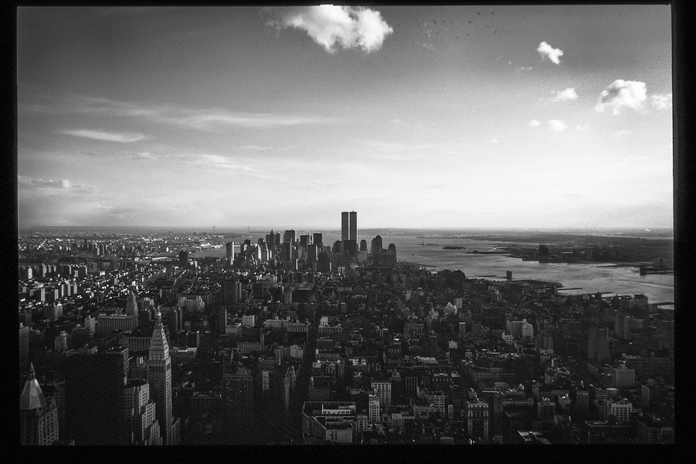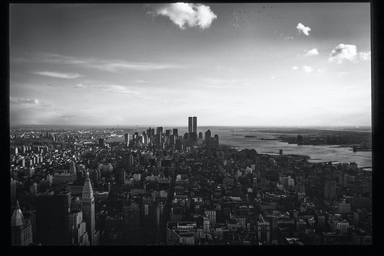With this year marking the 20-year anniversary of 9/11, many New York first responders who worked on the rescue missions following the attacks on the Twin Towers are still facing adversities when it comes to seeking medical care for the illnesses caused from breathing in and encountering the toxic debris from the rubble on Ground Zero.
Richard Roeill, a former New York City volunteer firefighter, is still continuously suffering from the adverse effects on his physical and mental health from his service on 9/11. Today, he must sleep with an oxygen machine to help aid in breathing, in addition to receiving several weekly treatments for traces of harmful metals in his blood and regular therapy visits for his PTSD.
Roeill along with approximately 24,000 other first responders on 9/11 are eligible for a free healthcare plan with the World Trade Center Health Program (WTCHP), but recently, issues have arised with the cost of care due to unforeseen inflation. Now, without the help of legislation from congress, the WTCHP could run out of funds, leaving many of their patients stuck without adequate health care coverage.
Aside from concerns about funding, Logistics Health Inc (LHI) , the liaison company that the WTCHP has contracted for help with securing treatment for first responders who no longer reside in the area, have received several complaints of failure to provide adequate coverage for their patients, with individuals like retired NYFD volunteer Kevin Maxwell being bombarded by debt collectors about debts to various hospitals that he has received treatment from.
Other patients like Michael Day, a former medical technician for the NYFD, didn’t have access to his prescribed pain medication prior to his prostate cancer treatments for 48 hours due to the slow or non-existent responses from the LHI. Day stated that he “feels betrayed” by the lack of care and response from both the LHI and the WTCHP: “It tastes like complete disrespect. It tastes like the work I did is for nothing.”
In addition to delayed prescription approvals, first responders under the LHI and WTCHP’s care have said that annual screenings for cancer and other serious diseases that could be a result from debris inhalation during the 9/11 rescue and clean up missions aren’t happening due to LHI’s inability to find them providers in their area.
While issues are still ongoing, WTCHP has responded to these concerns by stating that they are aware of the broad array of concerns and are working with LHI to fix the verifiable issues, but for many, their answer comes too little too late.


